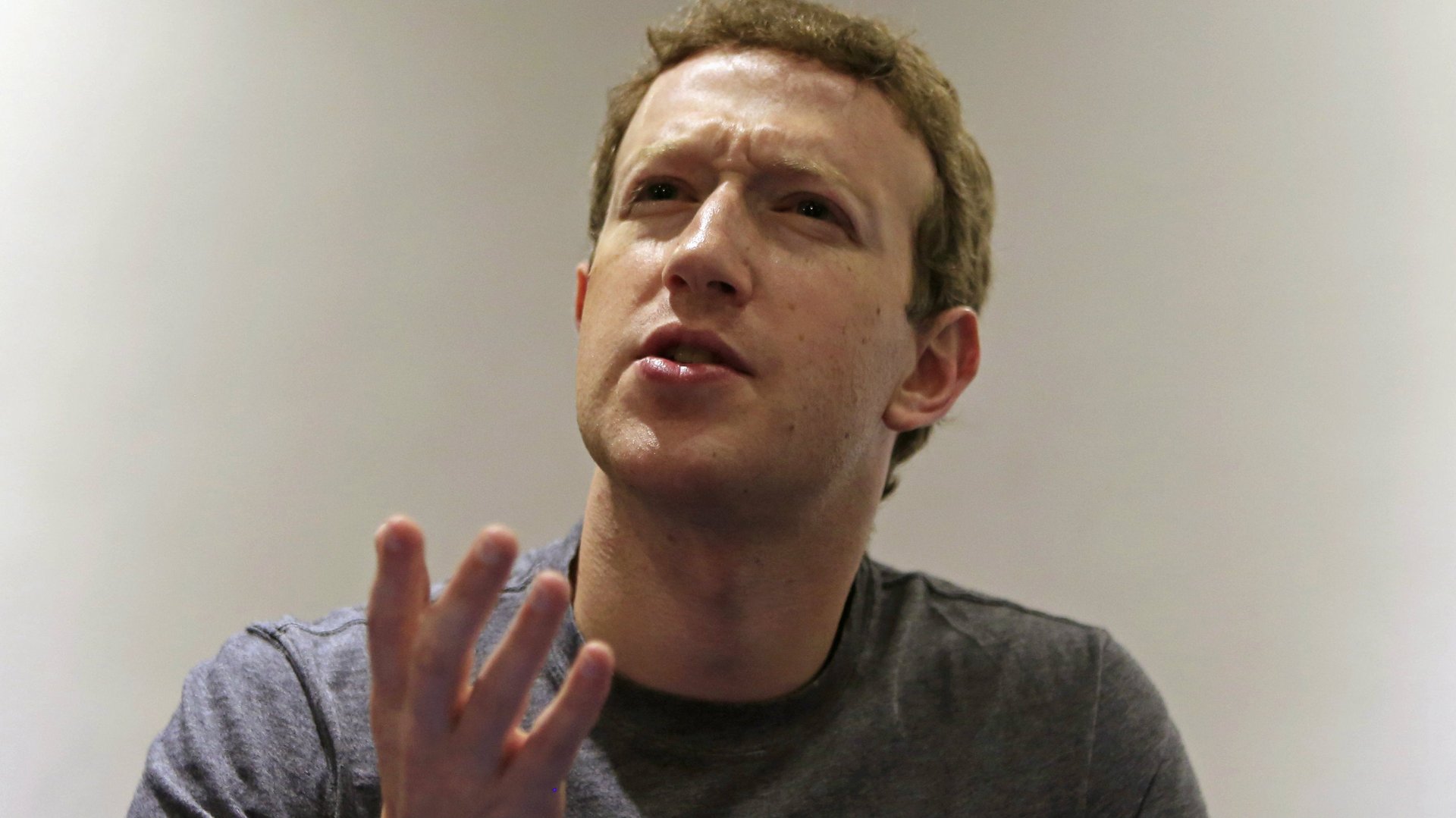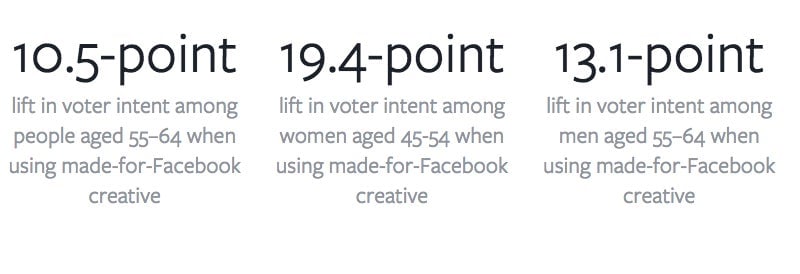Facebook says it can sway elections after all—for a price
Facebook is touting its ability to sway an election… just not that election.


Facebook is touting its ability to sway an election… just not that election.
On its marketing site, the social network cited its role in Pennsylvania senator Pat Toomey’s extremely narrow win in November. Facebook noted that custom ads on its platform were able to “significantly shift voter intent and increase favorability” for Toomey, who won by roughly 86,000 votes out of about 6 million cast.
The Republican spent “a large portion” of his $2.8 million digital strategy budget with Facebook; his digital budget was more than double that of his Democratic challenger, Kate McGinty.
The company declined to comment for this article.
To the majority of its users, Facebook seems like a passive platform for sharing news and engaging with various communities. But the social network is also a sophisticated multibillion-dollar advertising giant that is, at its heart, in the business of persuasion.
Facebook runs sophisticated targeting and analysis for its ads, and said that the Toomey campaign’s made-for-Facebook “content” was able to boost voter intent (a polling measure that asks who voters are likely to support) by double digits among key demographics.

Facebook has also compiled similar “success” stories for the online marketing efforts of unsuccessful presidential candidates Bernie Sanders and Gary Johnson.
Could Facebook swing an election?
Facebook has been mired in controversy about its political influence ever since former employees claimed that its supposedly automated “trending topics” selection process was biased against conservatives. Donald Trump’s campaign claimed to use Facebook ads to suppress voter turnout among young women, African Americans, and “idealistic liberals,” and the site was heavily criticized for its elevation of “fake news” over election stories from major news outlets.
Yet Facebook CEO Mark Zuckerberg has repeatedly dismissed suggestions that fake news played a role in Trump’s victory. “I think [it] is a pretty crazy idea,” he said. “Voters make decisions based on their lived experience.”
Obviously a “lived experience” includes everything you see on Facebook, but there’s still quite a contrast between Zuckerberg’s statement and his company’s marketing materials, which hype the site’s efficacy and potency in helping politicians win elections. (That may become intolerable if Zuckerberg, as rumored, ever runs for public office.)
Meanwhile, the company’s post-election attempts to eradicate fake news are focused on fact-checking links that are shared by users, not the custom content that might be created by campaigns. If a Facebook advertising client ever does publish something that is highly misleading or false—perish the thought—the company will have a knotty conflict to untangle.